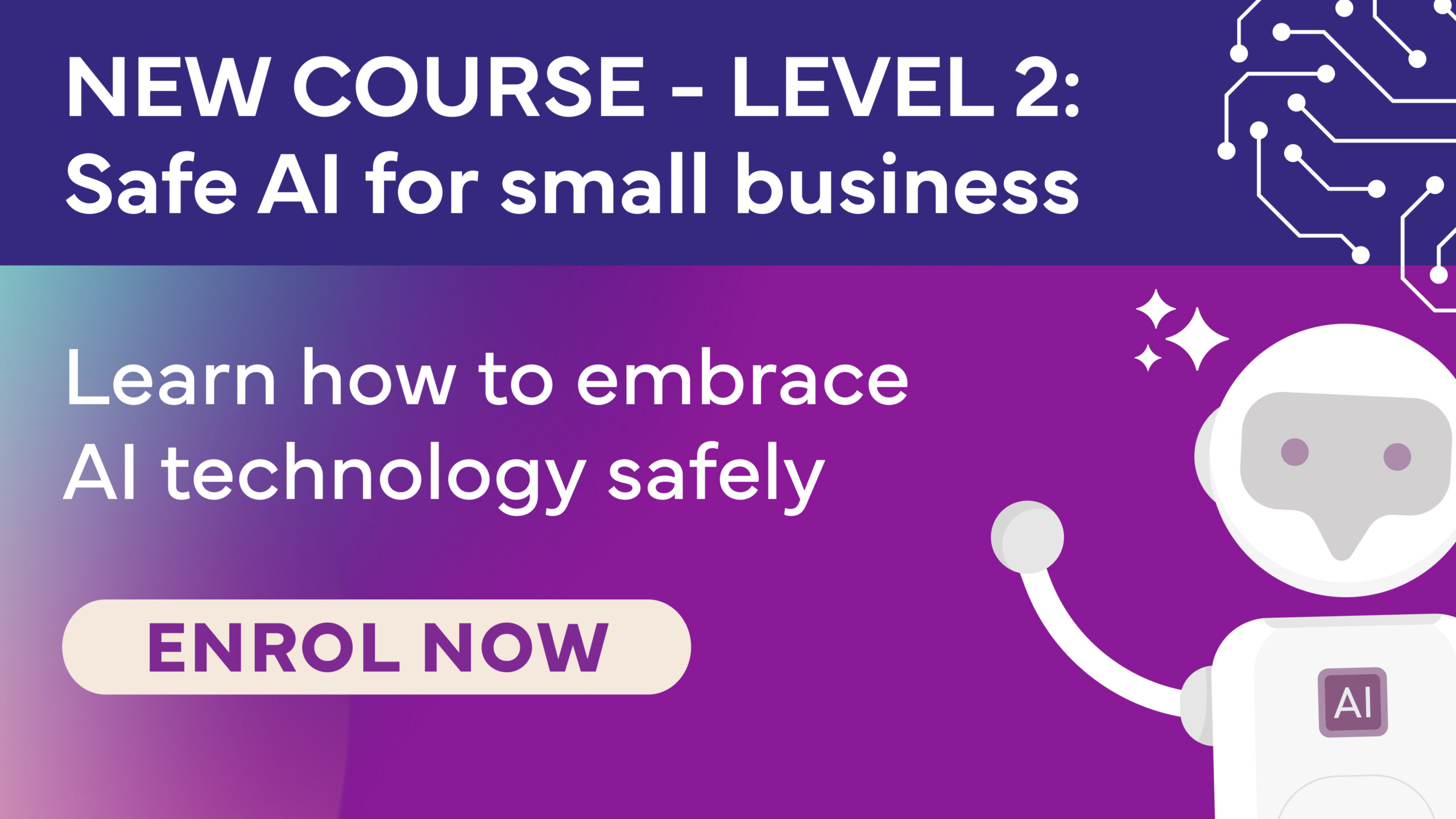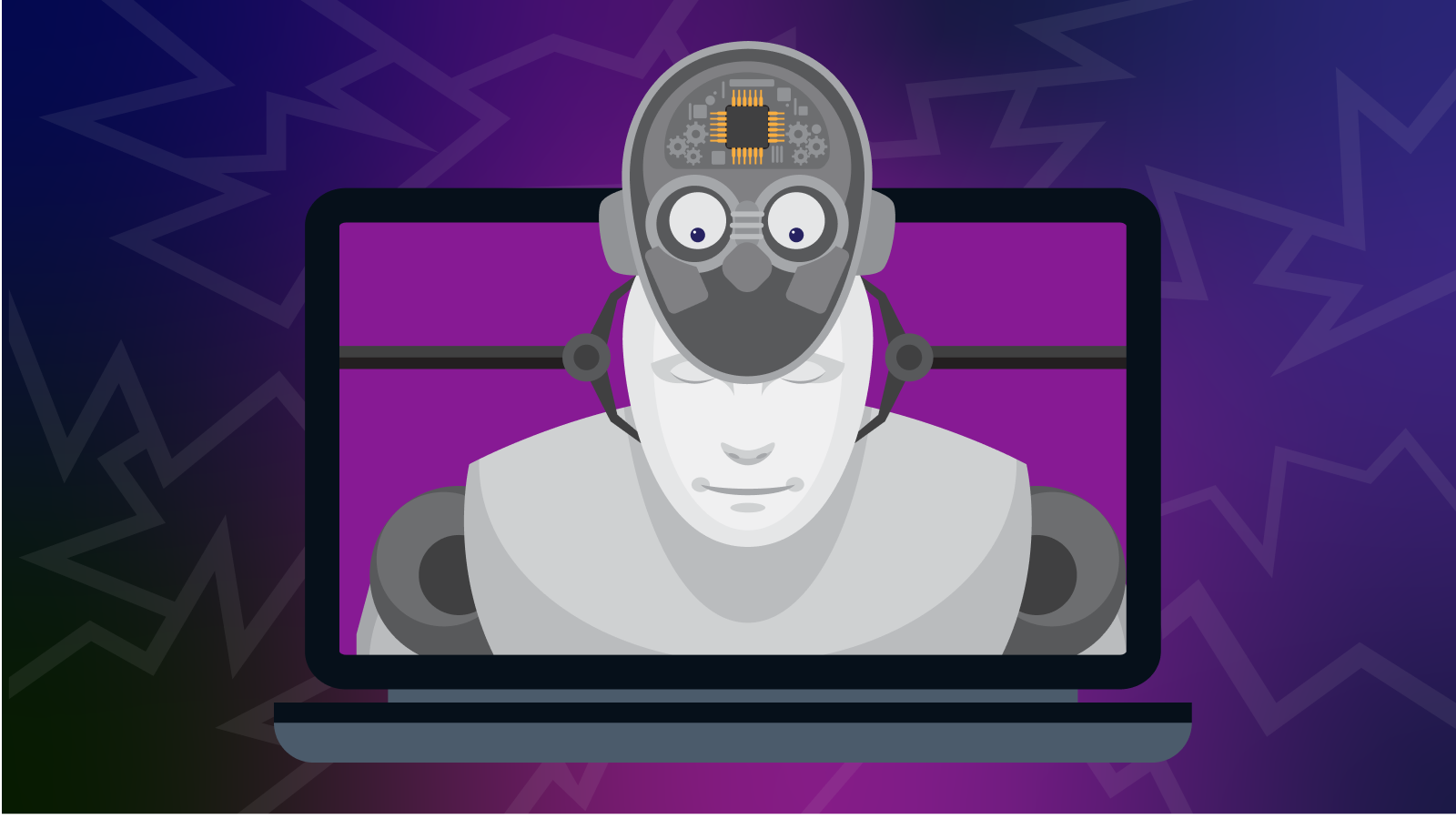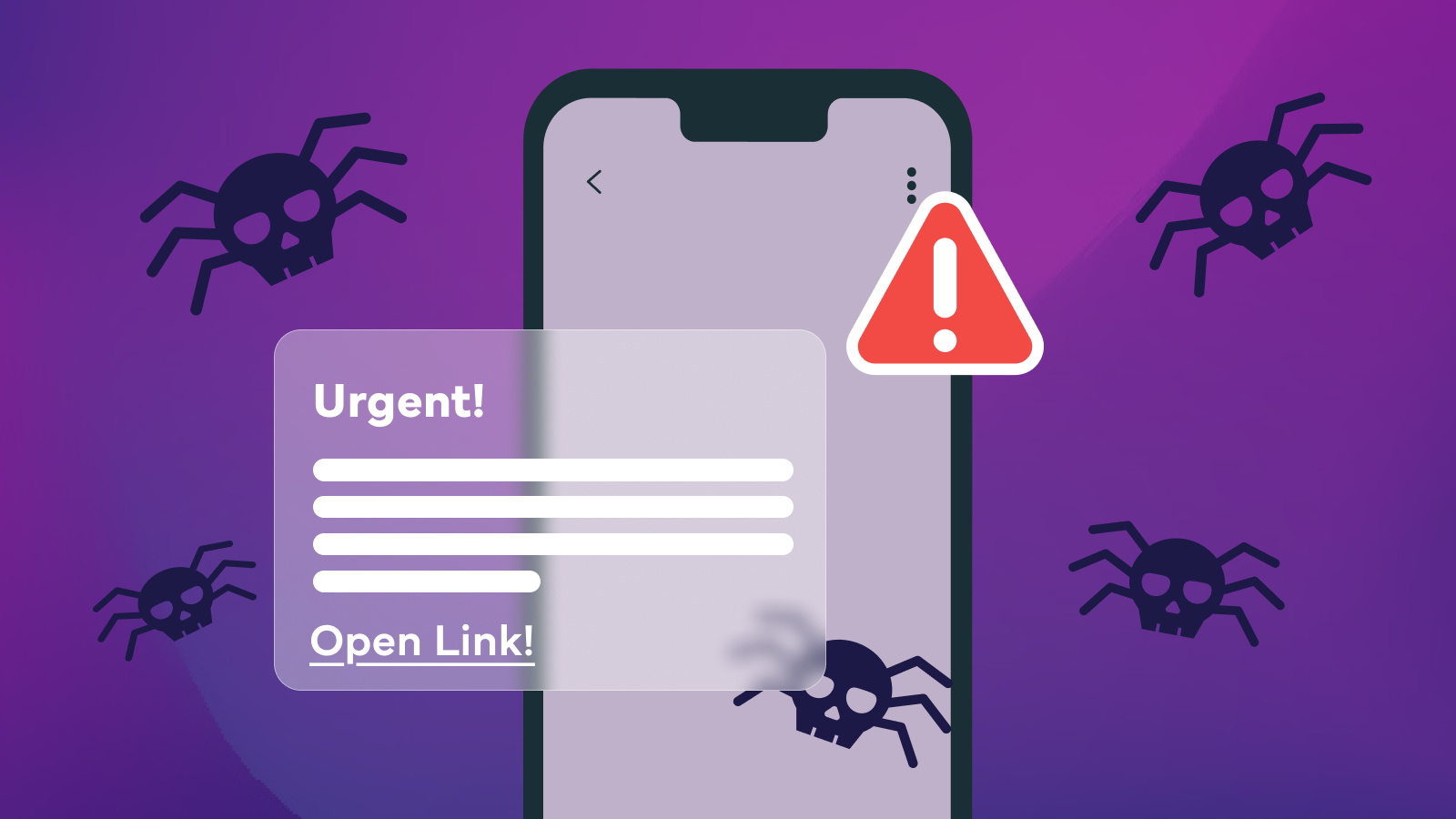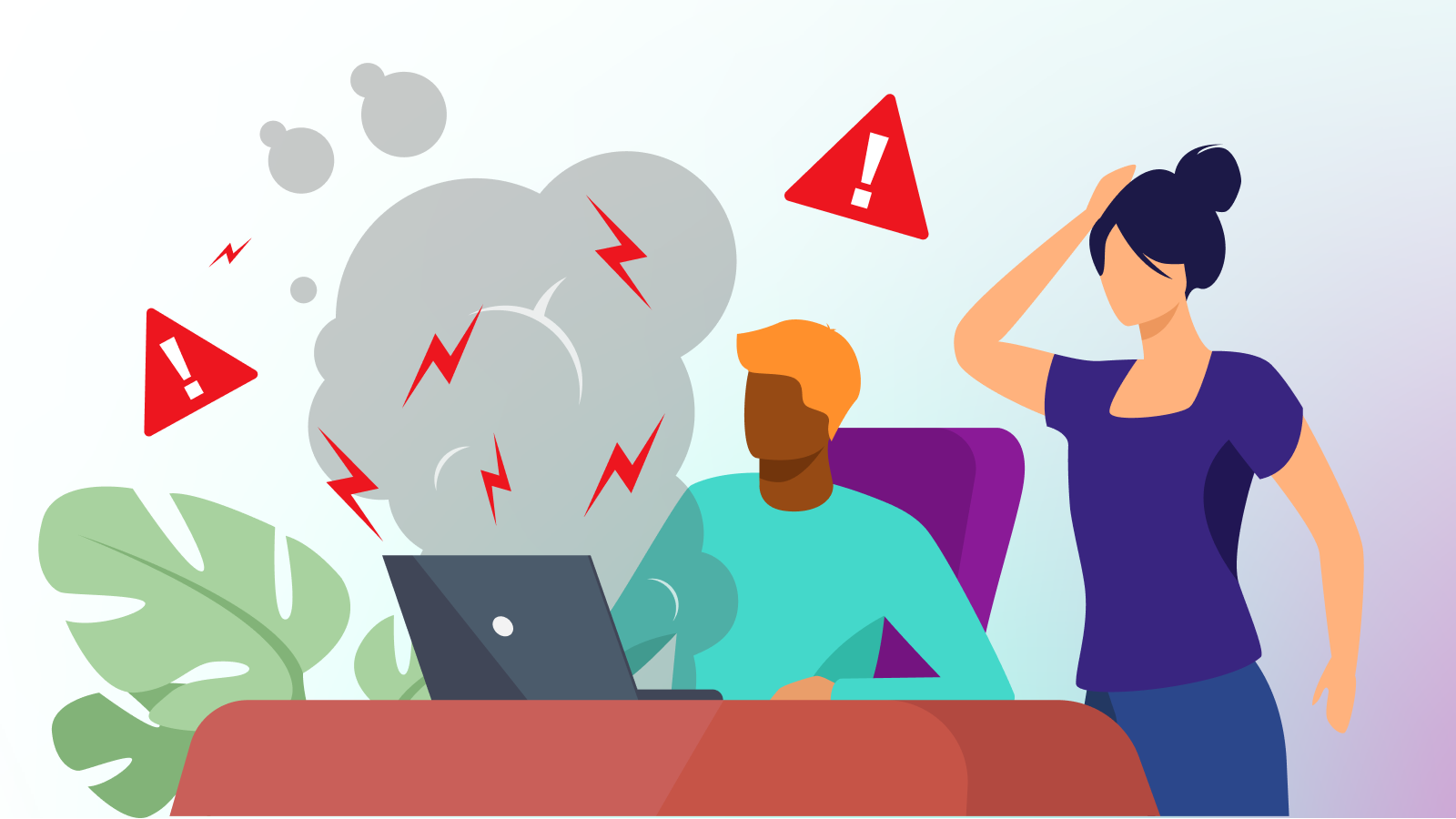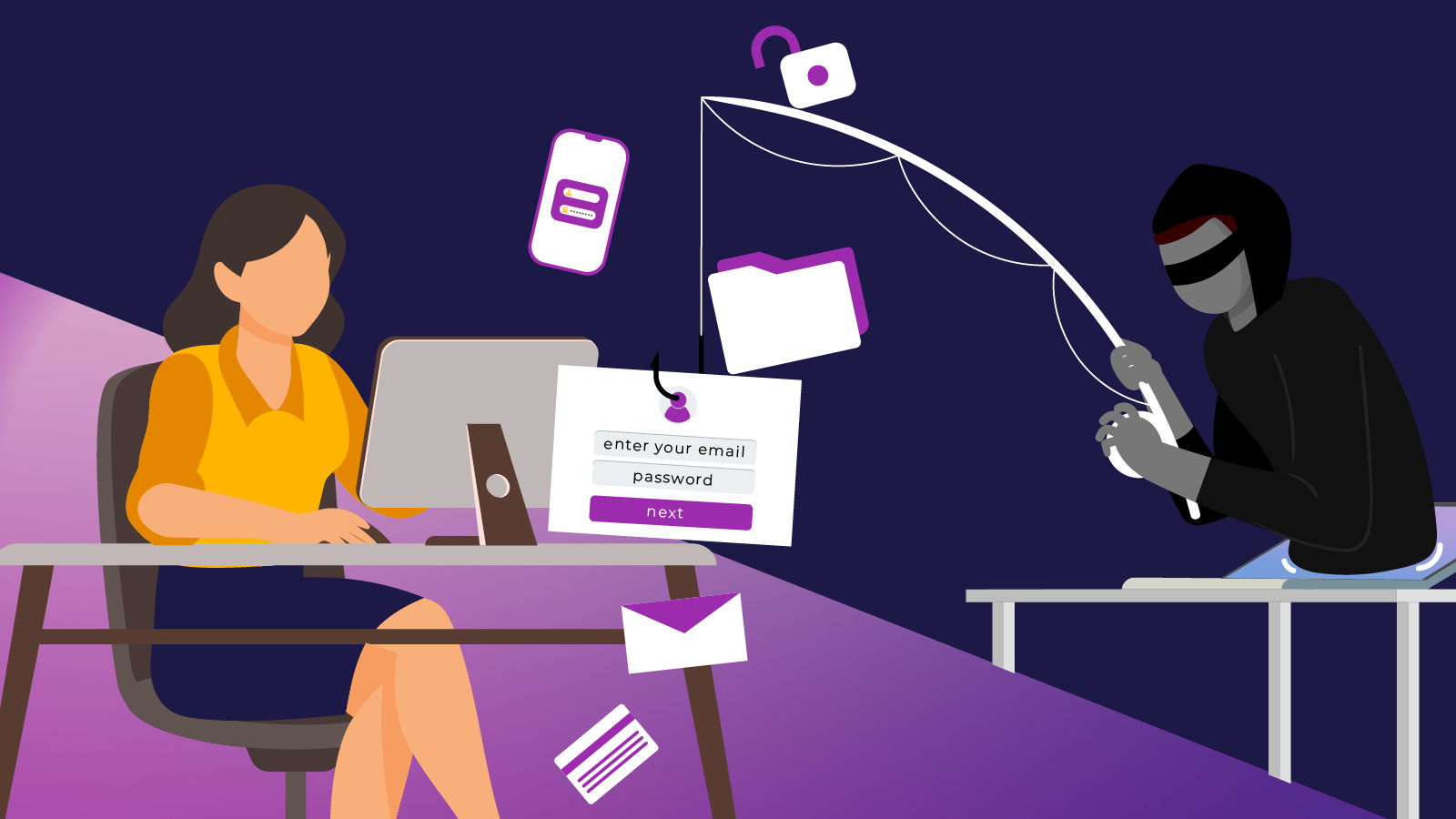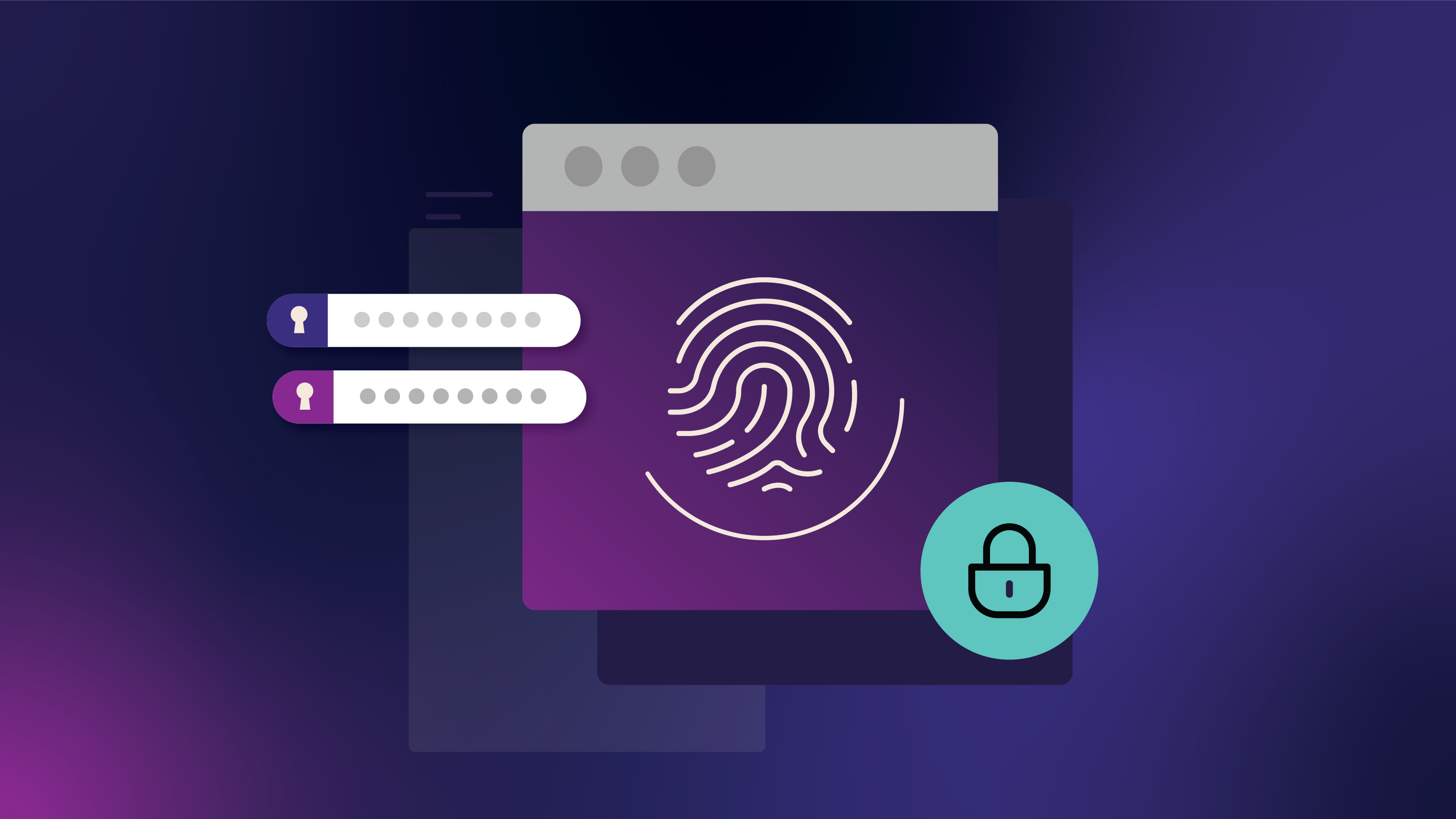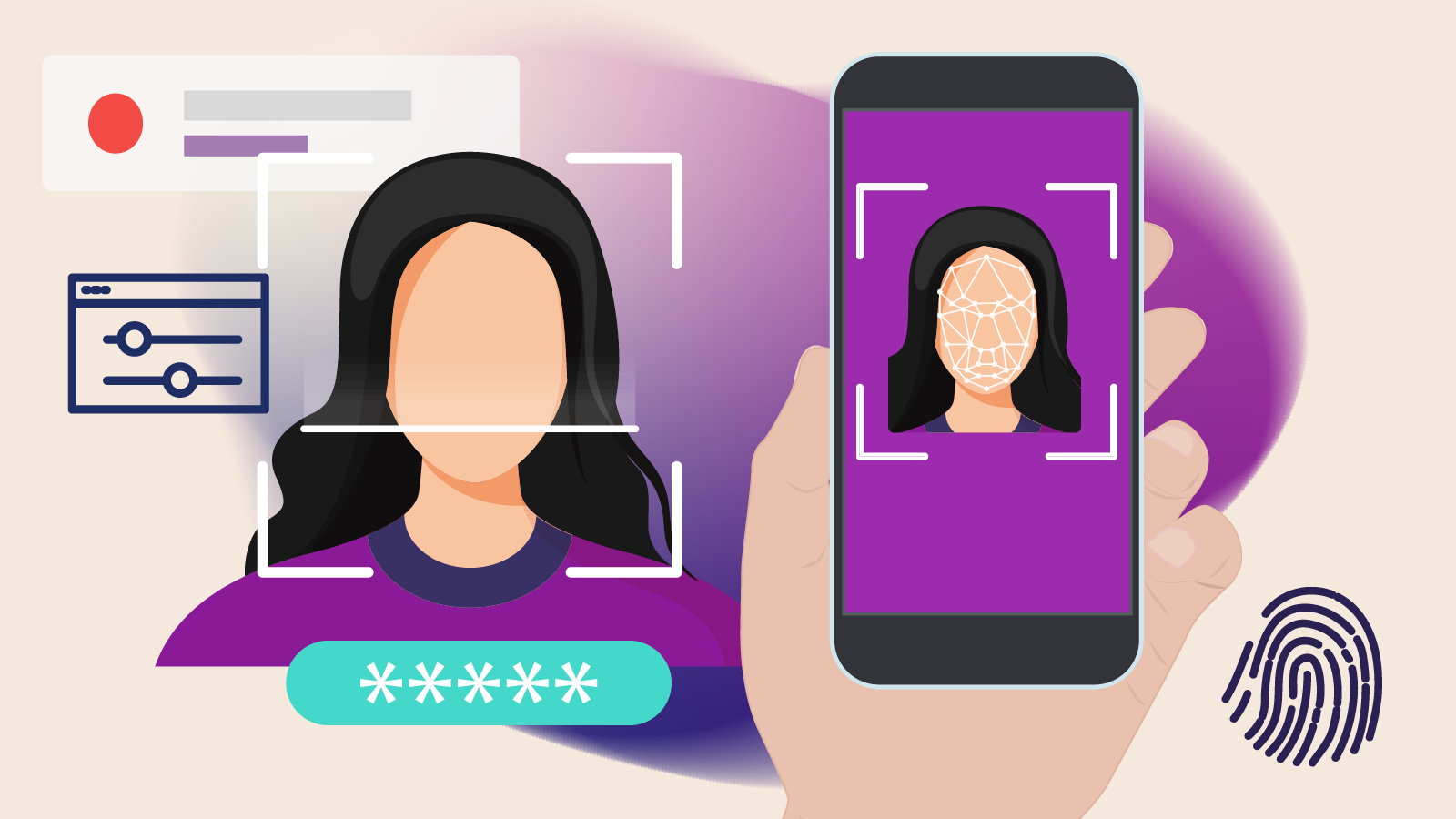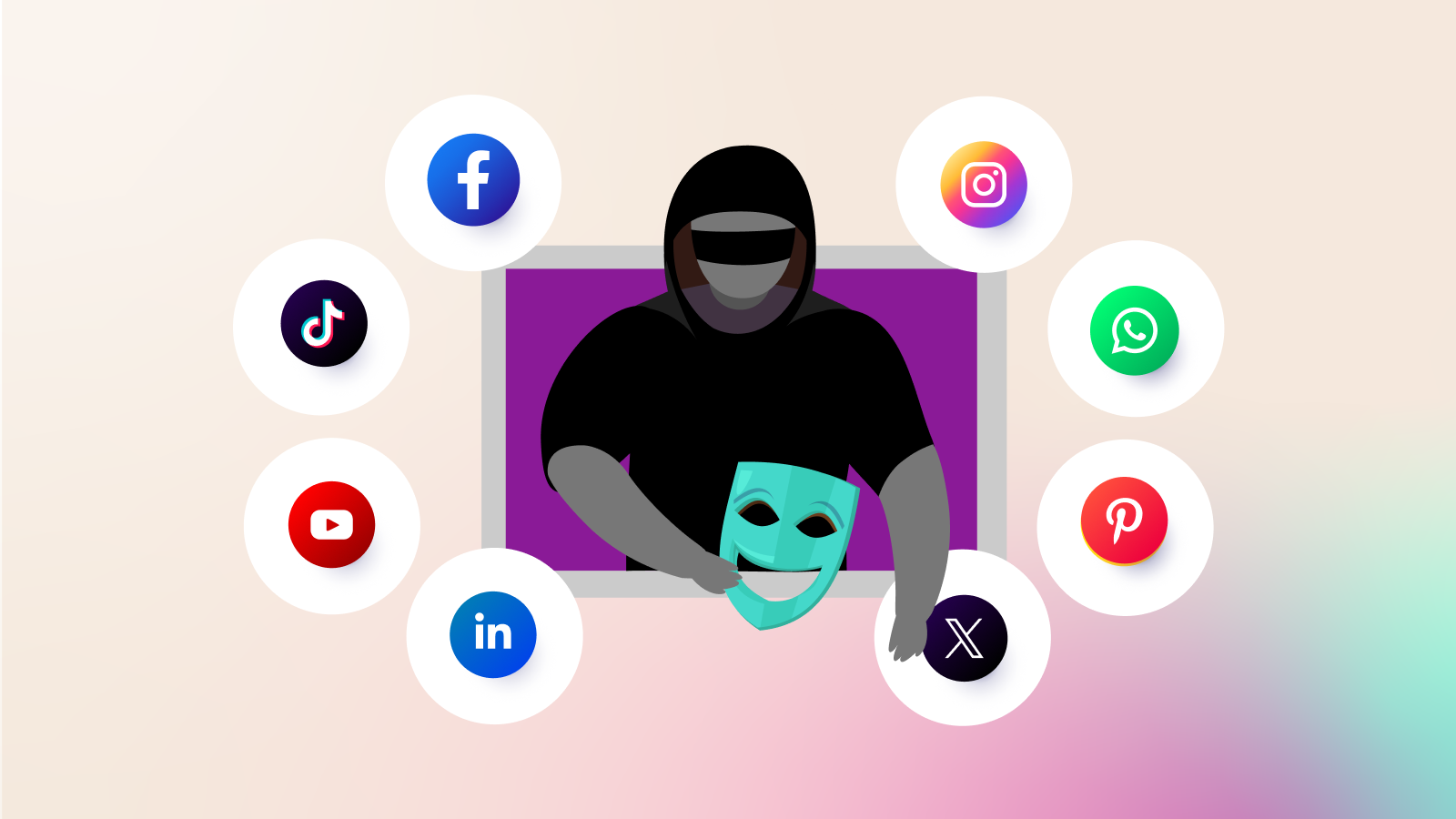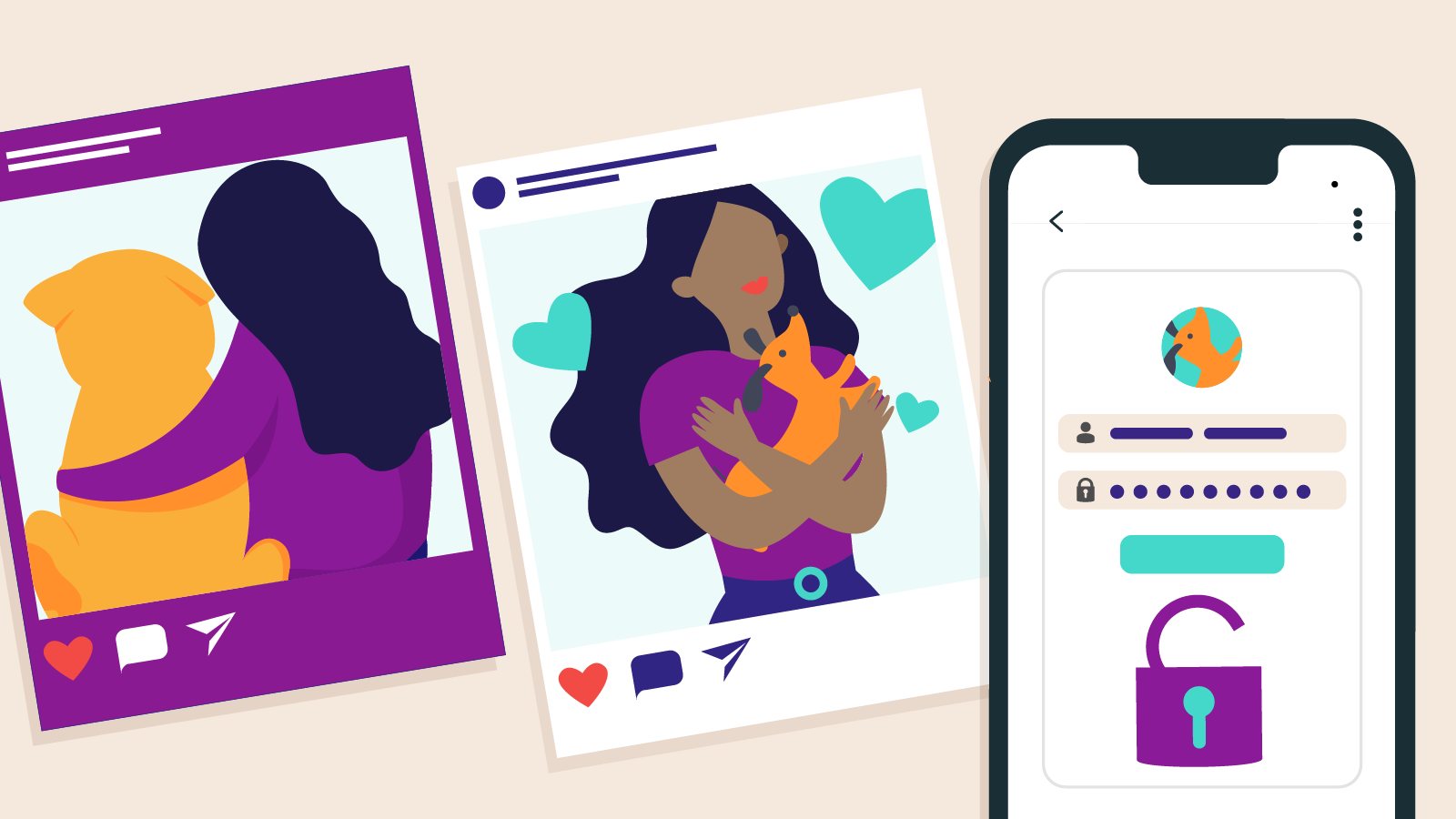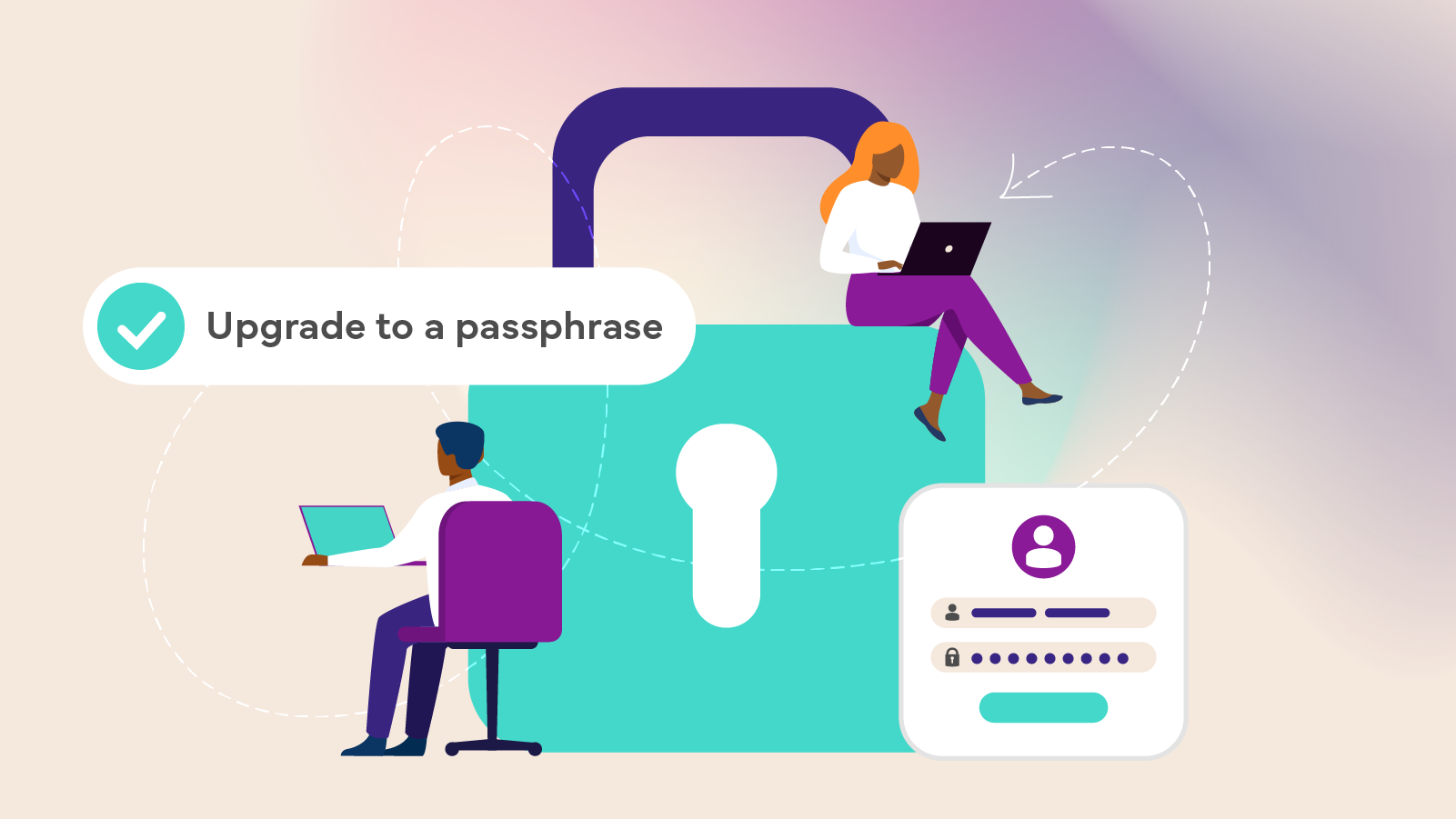Artificial Intelligence or AI used to be the stuff of science fiction movies.
However, in late 2022, AI jumped into the mainstream with the rise of popular technology like ChatGPT and is causing some cyber safety headaches.
The release of generative AI technology sparked a flurry of headlines as it became the new must-have for businesses looking for help with everything from strategy to social media.
However, in the rush to try these new AI-powered chatbots, very real cyber security threats were uncovered.
It turns out that AI has not only become a useful tool for businesses big and small, but also for cyber criminals.
Here’s what you need to know about AI and how you can protect yourself and your business from AI cyber security threats.
What is artificial intelligence (AI)?
AI is a type of computer science that uses machines to simulate human intelligence.
Chatbots like ChatGPT, Google Bard and Bing AI are AI-powered generative chatbots which are designed to perform tasks like writing reports, explaining complex documents or writing computer code.
Generative AI tools scour the internet to find patterns in available data and couples this with the thread of your conversation and previous queries to craft an answer.
While AI has potential to be a game changer for small businesses, AI is also a boon for cyber criminals.
Why is AI a cyber security threat?
There are a number of reasons why AI technology presents a potential cyber security threat to you and your small business.
ChatGPT can save your data
When you use ChatGPT, it saves your data and your conversation history to help train the model to perform better.
The data ChatGPT stores includes personal information like your device and operating system, email addresses, IP addresses, your location and any other personal information you provide.
It also saves the information you input into the chatbot, meaning if you are providing sensitive, commercial, customer or proprietary information, ChatGPT will collect and store it.
The Australian Signals Directorate’s Australian Cyber Security Centre’s guide to engaging with AI warns that this information could then be passed onto other users.
“Organisations should be cautious with what information they, and their personnel, provide to generative AI systems. Information given to these systems may be incorporated into the system’s training data and could inform outputs to prompts from non-organisational users.”
PRO TIP: To guard against your personal or business information being saved or distributed, turn off chat history in ChatGPT.
The company now lets users disable chat history in response to concerns about cyber safety, and you can follow the guide to turning it off.
If you use AI, your chatbot could be hacked
As with any online service or software, it’s wise to be aware that the platform itself could be hacked.
It’s always important to check that you are using the original source software or service and that you check before downloading any tools or plugins.
Downloads such as this can be common tools for cyber criminals to spread malware, or malicious software.
Considering the amount of data that chatbots like ChatGPT hold on a user as outlined above, there is also a risk that your personal or business information could fall into the hands of cyber criminals if the platform is hacked.
PRO TIP: Look before you click. Don’t download anything that seems suspicious and check to make sure the web address is legitimate.
Make sure you enable multi-factor authentication (MFA) to protect your accounts, that way you have additional protection if your key account details are compromised.
Scammers can use AI technology to improve their work too
Phishing is one of the most common cyber security threats in Australia and occurs when criminals send emails or texts that trick a user into sending them personal information.
It can sometimes be easy to spot a phishing scam when the grammar or spelling is poor and the writing is stilted.
However, cyber criminals from all over the world can now use AI chatbots to produce fluent, word-perfect scams, which makes them harder to detect.
PRO TIP: Red flags to look out for in scam emails include a sense of urgency so beware of language like “Act now” or “Alert.
Reputable companies shouldn’t send you links to click on to verify your information.
Always check the email address and company details match and don’t open any links or attachments in emails if you suspect they might be a scam attempt.
Cyber criminals can use AI to impersonate you or your team
AI technology allows cyber scammers to impersonate legitimate businesses not just over email, but potentially over the phone too.
Robotic voice services or voice cloning software can be connected to AI-powered chatbots to make a convincing phone call.
Some AI technology only needs to record three seconds of audio for it to successfully mimic a voice.
Overseas scammers have been targeting families with audio of their loved ones reportedly in distress and there are fears these tactics will be used against businesses.
PRO TIP: If you receive an unexpected invoice or unusual request, double check with a team member or friend.
If your usual supplier has changed their banking details, confirm the invoice information directly using a trusted contact number.
Watch out for calls from an unknown number and be on guard if the caller won’t answer questions or give details and has a sense of urgency but lacks emotion. It could be a sign you’re talking to a scammer’s chatbot.
How can I protect my small business from AI cyber threats?
AI cyber threats use many of the same tactics as traditional cyber threats so it’s important to make sure your business protection is up to date.
Here are some top tips to help protect your small business from cyber threats:
- Update your software
- Install multi-factor authentication (MFA) on your key accounts
- Use a spam filter
- Backup your data
- Install anti-virus software on your devices
- Use strong passwords and change them regularly
- Educate your employees about how to be cyber safe and ensure they know what to look for in a scam email
Generative AI tools may have the potential to be a significant help for small businesses, but they are also the source of new and dangerous cyber threats.
It is important to be aware of the risks in using these online tools and how best to protect yourself and your small business and to be aware of the ways cyber criminals are using them too.

